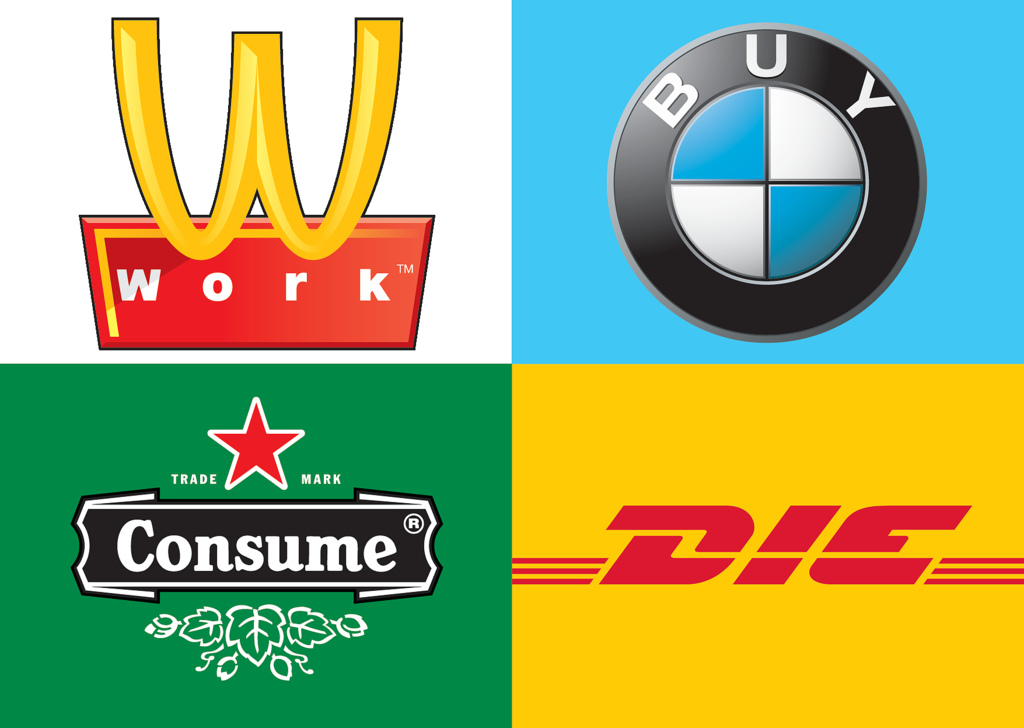Donald Polish
VIP Member
An Interesting theme as I see...
I found a statistic on MoneyWatch.com about how roughly 70% of the American economy is based on consumer spending. That number is staggering and honestly, frightening.
This question may sound silly but I don't know the answer to it - are we harming the economy by getting rid of excess possessions and choosing to not spend our money on collecting more junk? If consumer spending were to radically drop below "normal" levels, would the economy crash?
How do we depend on consumerism? Was this the main idea of american dream?

I found a statistic on MoneyWatch.com about how roughly 70% of the American economy is based on consumer spending. That number is staggering and honestly, frightening.
This question may sound silly but I don't know the answer to it - are we harming the economy by getting rid of excess possessions and choosing to not spend our money on collecting more junk? If consumer spending were to radically drop below "normal" levels, would the economy crash?
How do we depend on consumerism? Was this the main idea of american dream?


